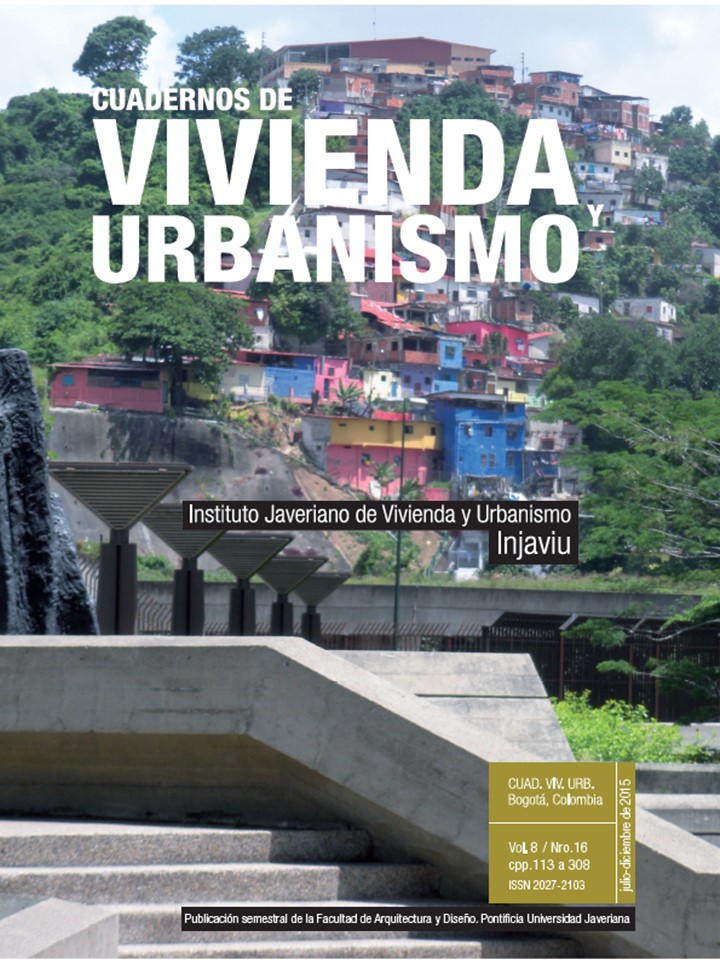Abstract
For Chile, a country with a wide geographical diversity, the territorial planning instruments (IPT) are relevant and essential. However, its existence is not enough since the context and the moment in which they take effect are also important. This proposal reviews the shortage and obsolescence of the Regulatory Intercommunal Plan and the Metropolitan Valparaiso Master Plan, which are key elements for the urban development and the coastal planning, but that, at the same time, have produced situations, processes or externalities associated with lack of consistency in the referred instruments. This paper illustrates the main problems of the Valparaiso metropolitan area and its relationship with the intercommunal instrument. Some difficulties to be addressed by the new metropolitan regulation instrument for Valparaiso are identified due to the interests that converge in the area and the difficulties of the current mechanisms for citizen participation, including some sustainability challenges that the development of our cities poses.
This journal is registered under a Creative Commons Attribution 4.0 International Public License. Thus, this work may be reproduced, distributed, and publicly shared in digital format, as long as the names of the authors and Pontificia Universidad Javeriana are acknowledged. Others are allowed to quote, adapt, transform, auto-archive, republish, and create based on this material, for any purpose (even commercial ones), provided the authorship is duly acknowledged, a link to the original work is provided, and it is specified if changes have been made. Pontificia Universidad Javeriana does not hold the rights of published works and the authors are solely responsible for the contents of their works; they keep the moral, intellectual, privacy, and publicity rights.
Approving the intervention of the work (review, copy-editing, translation, layout) and the following outreach, are granted through an use license and not through an assignment of rights. This means the journal and Pontificia Universidad Javeriana cannot be held responsible for any ethical malpractice by the authors. As a consequence of the protection granted by the use license, the journal is not required to publish recantations or modify information already published, unless the errata stems from the editorial management process. Publishing contents in this journal does not generate royalties for contributors.


